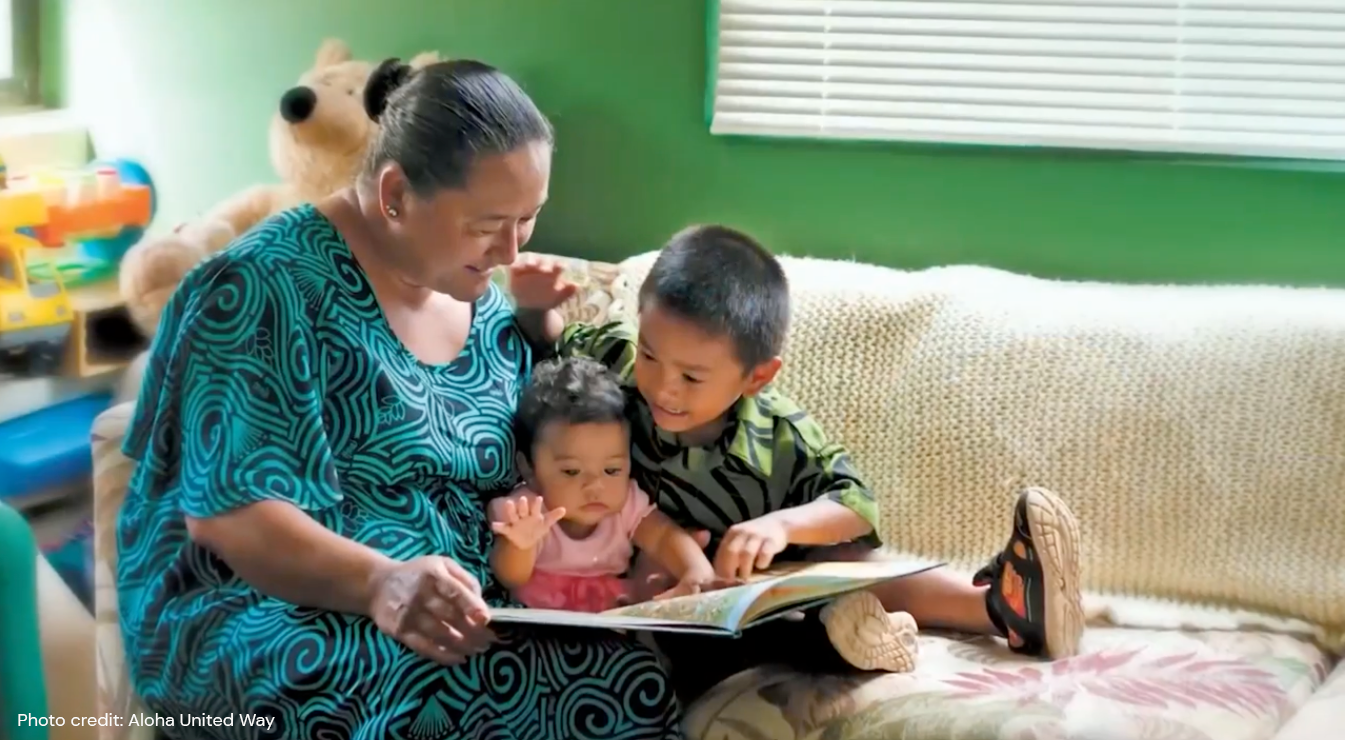News & Updates

Enhancing Hawai‘i’s Household Need Data Landscape: An Update to Aloha United Way’s 211 Search Engine and Dashboard
Aloha United Way (AUW) has connected Hawaiʻi residents to social services through 211 since 1990 when they transitioned a paper record-based service to an electronic database of over 3,000 health and human service programs across Hawai‘i. Since then, AUW 211 has emerged as an important resource that allows community members to access social services of all kinds. By offering a call line, text, email, live chat, and online access, AUW helps community members in need navigate a service provider landscape that may offer a lot of assistance but can be difficult for many to access on their own.

Understanding Household Need: Our Data Support Tools & Resources
At the Hawai‘i Data Collaborative, one of our core priorities is improving data accessibility. As our state works to recover from the far-reaching economic impacts of the COVID pandemic, those working to support Hawai‘i's households in need of assistance need access to relevant and timely data now more than ever. Recognizing this need, we have developed a suite of tools and resources that make data more accessible for communities, non-profits, policymakers and other working to support Hawai‘i's households struggling to get by.

Aloha United Way and Hawai‘i Data Collaborative Launch Enhanced 211 Dashboard
Aloha United Way (AUW), in partnership with Hawai‘i Data Collaborative, upgraded the data system supporting the 211 Program to ensure the data collected are accurate, and can be reliably leveraged to understand the areas in which Hawai‘i residents are struggling with in near real-time. With the upgrade complete and the data platform stabilized, we are excited to announce the launch of an enhanced AUW 211 Dashboard.

Behind the Data Scenes: Partnering to Build a Robust 211 Data Resource
Shortly after the first case of coronavirus in Hawai‘i was confirmed, and residents were unsure how public health mitigation efforts to limit the spread would impact our local economy, our team focused on addressing the need for timely data in order to understand how households would be impacted and what support they would need.
Aloha United Way’s (AUW) 211 Helpline appeared to be a good place for us to start. AUW welcomed us to peer behind the curtain and gain a better understanding of the 211 system. What we observed was a system containing several fragmented components, fraught with unreliable data flows and prone to human error, immediately raising data integrity concerns. Though we started with an interest in 211 data as a timely data source, if the system supporting the data wasn’t reliable, then how reliable and useful would the data itself be? It was clear that the first challenge to address was upgrading the 211 system.
